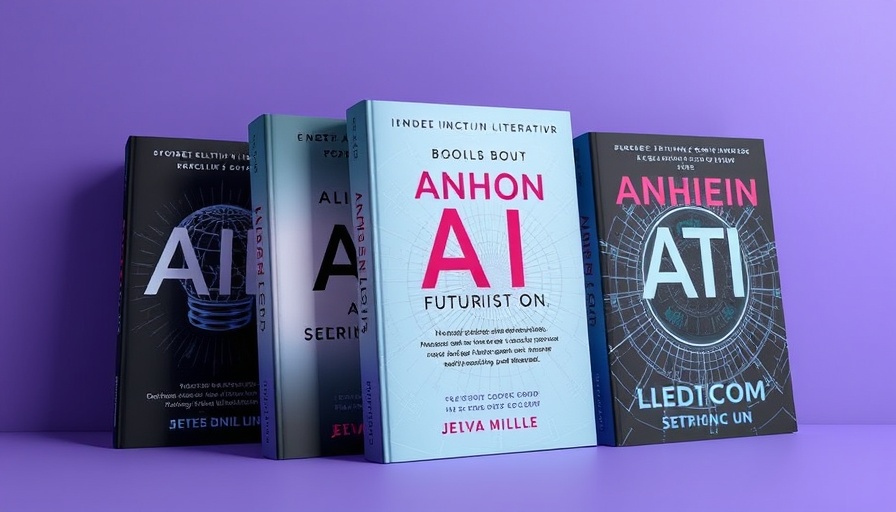
Understanding OpenAI: A New Era of Artificial Intelligence
In April 2025, tech luminary Paul Graham posed a thought-provoking question on social media about the monumental achievements of OpenAI and its CEO, Sam Altman. His query highlighted the historical significance of OpenAI’s innovations, particularly their release of ChatGPT-3.5 in 2022, which kicked off an AI arms race while forever altering various facets of life.
The Rise of OpenAI and Its Impact
OpenAI’s trajectory has been nothing short of remarkable, transforming from a small research organization into a powerhouse that shapes global technology. This journey is meticulously chronicled in two enlightening books:
- Empire of AI: Dreams and Nightmares in Sam Altman’s OpenAI by Karen Hao, focusing on the company's impactful rise.
- The Optimist: Sam Altman, OpenAI, and the Race to Invent the Future by Keach Hagey, which details Altman's personal narrative alongside OpenAI's evolution.
Both works explore Altman’s intricate persona—a savvy entrepreneur often caught between ambitious goals and ethical considerations. Despite the noble aim of promoting safety in artificial general intelligence, critics argue that OpenAI has often prioritized winning over ethical accountability, mirroring stories from Silicon Valley’s darker moments.
Delving into OpenAI's Ambitions
Hao and Hagey ask important questions: How did a company founded with a vision of safety-focused AI become synonymous with unchecked ambition? The answers lie in their accounts of shifting motives that echo through the tech industry—the narrative of innovation sometimes overshadowing ethics. OpenAI's transition from its altruistic roots raises cautionary flags for the broader AI community.
The Broader Implications of AI Innovation
As AI technology continues to evolve, its implications extend far beyond business applications, touching on education and employment landscapes. The authors emphasize that while tools like ChatGPT bring unprecedented capabilities, society must grapple with the accompanying challenges. Hao’s reporting, particularly her concept of AI colonialism, contextualizes these changes as not just technical innovations but as catalysts shaping societal dynamics.
A Complex Perspective on Progress
What happens when ambition runs amok? The tales of Uber's rise and Theranos's fall resonate here. OpenAI's story reminds readers of the delicate balance between pursuing technological achievements and maintaining a moral compass. The narratives conveyed by Hao and Hagey illustrate a common thread in technology's evolution: the pressing need for ethical considerations alongside innovation.
Looking Ahead: Future of AI and Ethics
The ongoing exploration of AI’s capabilities will likely challenge our ethical frameworks long into the future. As OpenAI and similar organizations continue their rapid development, society must remain vigilant against the potential pitfalls of unchecked technological ambition. This evolving landscape necessitates a re-evaluation of both moral and regulatory frameworks that govern AI development and deployment.
Empowering Informed Conversations about AI
For those interested in understanding AI's potential and pitfalls, the stories of OpenAI, as chronicled by Hao and Hagey, serve as a valuable resource. They empower readers to engage in informed discussions around the ethical implications of rapidly advancing technology. Encouraging scrutiny and dialogue about these developments will be crucial for shaping a future that balances progress with ethical responsibility.
Engage and Explore Further
As we navigate the complexities wrought by AI advancements, consider actively participating in conversations and debates surrounding these technologies. Engage with the literature, stay informed about industry developments, and share your insights to foster a community that prioritizes ethical considerations in technology. These efforts will ultimately shape how we wield the power of AI and ensure it benefits humanity as a whole.
 Add Row
Add Row  Add
Add 
 Add Element
Add Element 


Write A Comment